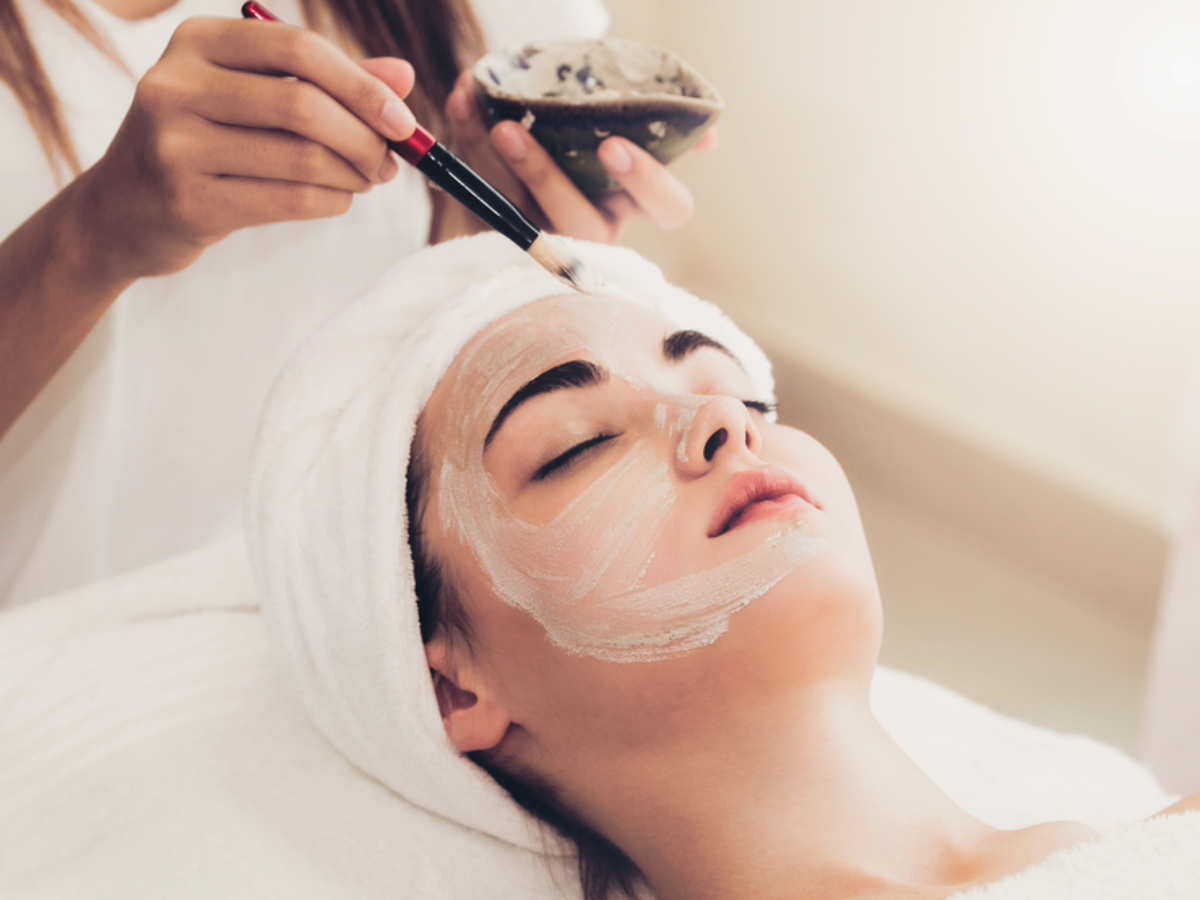Are Chemical Peels Suitable for All Skin Types?
Chemical peels have become an increasingly popular option for those looking to enhance their skin's appearance. These treatments involve applying a chemical solution to the skin to exfoliate the outer layers, revealing fresher, smoother skin beneath. However, a common question that arises is whether chemical peels are suitable for all skin types. Let's explore the Chemical Peels in Dubai treatment.
What Is a Chemical Peel?
A chemical peel is a cosmetic treatment where a chemical solution is applied to the skin, causing it to exfoliate and eventually peel off. This process helps to remove dead skin cells, improve skin texture, and reduce signs of aging, acne scars, and hyperpigmentation. There are three primary types of chemical peels: superficial, medium, and deep peels, each targeting different layers of the skin.
Chemical Peels for Different Skin Types
Normal and Oily Skin
Chemical peels are highly effective for people with normal and oily skin. They can help control excess oil production, reduce pores' appearance, and minimize acne outbreaks. Superficial peels, which target the outer layer of the skin, are particularly beneficial for individuals with these skin types, as they provide a gentle exfoliation that doesn't compromise skin integrity.

Dry Skin
While chemical peels can be beneficial for dry skin, it's important to use the correct type of peel to avoid excessive dryness or irritation. A mild or superficial peel that hydrates and rejuvenates the skin is ideal. Deeper chemical peels may strip the skin of essential moisture, so it's essential to select a peel that addresses dry skin without over-exfoliating.
Sensitive Skin
Sensitive skin requires extra care when undergoing a chemical peel. It's advisable to choose a peel with gentle exfoliants, such as lactic acid or enzymes, to minimize irritation. Superficial peels are often recommended for sensitive skin types to avoid inflammation or redness. People with sensitive skin should consult a dermatologist before undergoing any peel to ensure they choose the right treatment for their skin's needs.
Combination Skin
Combination skin, which features both dry and oily areas, can also benefit from chemical peels. Superficial peels are effective in balancing the skin, targeting oily zones like the T-zone, while providing moisture to the drier areas. Chemical peels can also help with acne control, improving overall skin texture.
Darker Skin Tones
People with darker skin tones may worry about the risk of hyperpigmentation or scarring following a chemical peel. While chemical peels can be effective for darker skin, it’s important to avoid deeper peels that may cause pigmentation changes. Light or medium peels, such as those containing glycolic acid, are often safer for darker skin tones. Always consult with a professional to determine the right peel for your skin type.
Benefits
Chemical peels offer a variety of benefits for all skin types. These benefits include smoother, more youthful-looking skin, reduced signs of aging, improved texture, and diminished acne scars or sun damage. For oily skin, they help control sebum production, while for dry skin, they promote hydration. Additionally, chemical peels can reduce pigmentation issues and enhance the skin's overall radiance.
FAQs
Can chemical peels be used on all skin types?
Yes, chemical peels can be used on most skin types, but the type of peel and its strength should be tailored to the individual's skin needs and concerns.
Are chemical peels safe for sensitive skin?
Chemical peels can be safe for sensitive skin if the right formulation is chosen. It’s essential to use a mild peel and consult a skincare professional before treatment.
Do chemical peels work for oily skin?
Yes, chemical peels are particularly effective for oily skin as they help control oil production, minimize pores, and prevent acne breakouts.
Can people with dark skin have chemical peels?
Yes, people with darker skin tones can undergo chemical peels, but they should opt for milder peels to minimize the risk of hyperpigmentation.
How often should chemical peels be done?
The frequency of chemical peels depends on the type and strength of the peel, as well as individual skin concerns. It’s best to consult with a skincare professional for a personalized treatment plan.
Conclusion
Chemical peels can be a suitable treatment for most skin types, but it’s essential to choose the right type of peel based on your skin's specific needs. Whether you have oily, dry, sensitive, combination, or darker skin, there are chemical peel options designed to enhance your skin's texture, tone, and overall appearance. Always consult with a dermatologist or skincare expert to ensure you're selecting the most effective and safe peel for your skin type.
What's Your Reaction?
 Like
0
Like
0
 Dislike
0
Dislike
0
 Love
0
Love
0
 Funny
0
Funny
0
 Angry
0
Angry
0
 Sad
0
Sad
0
 Wow
0
Wow
0






















































